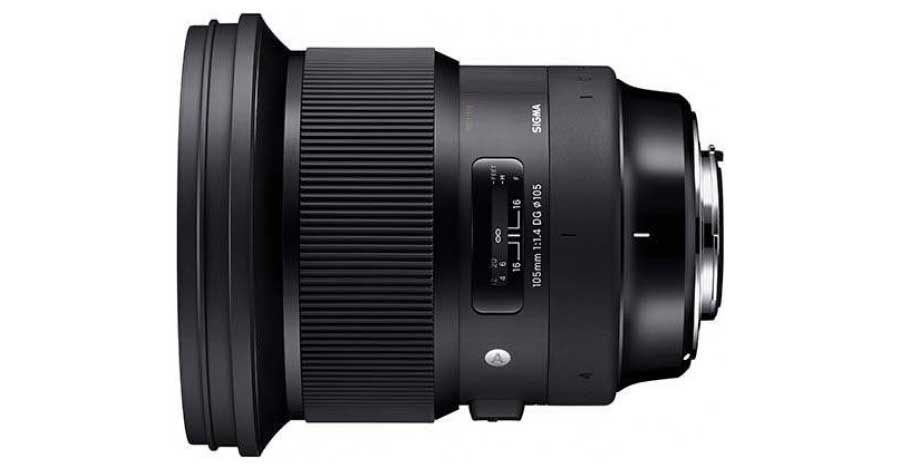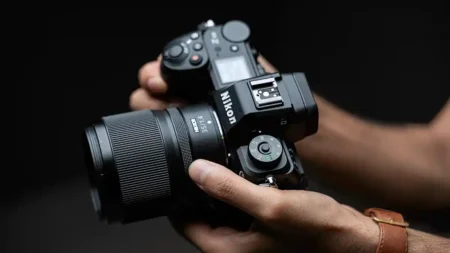Sigma has announced the development of new new 105mm f/1.4 Art and 70mm f/2.8 Macro Art lenses and will be expanding its Art range to Sony E mount cameras.
The ninth lens in Sigma’s f/1.4 range, the 105mm F1.4 DG HSM Art comprises 17 elements in 12 groups and produces strong bokeh and minimal aberrations, Sigma says.
THe Sigma 105mm f/1.4 Art also boasts a dust- and splash-proof design. It will be available in Canon, Nikon and Sony E mounts.
The Sigma 70mm f/2.8 DG MACRO Art is the first macro lens in the company’s Art series and offers true 1:1 reproduction.
Sigma says its optical construction helps it achieve precise focus via an extending, floating, two-group focus mechanism. This configuration helps minimise aberrations, and to minimize axial chromatic aberration, the optical system incorporates two FLD glass elements, two SLD glass elements, and one element with a high rate of anomalous partial dispersion and a high index of refraction, Sigma says.
Two aspherical lens elements also help the 70mm f/2.8 macro increase resolution at close shooting distances.
Sigma says the 70mm f/2.8 macro also employs a focus-by-wire system that eliminates the direct mechanical connection between the focus ring and the focus drive system for more precise focus, while a new coreless DC motor reduces noise.
The Sigma 70mm f/2.8 Art macro lens is compatible with Canon, Nikon and Sony E mounts.
Sigma said it will begin introducing its Art lenses, which include
- 14mm F1.8 DG HSM Art
- 20mm F1.4 DG HSM Art
- 24mm F1.4 DG HSM Art
- 35mm F1.4 DG HSM Art
- 50mm F1.4 DG HSM Art
- 70mm F2.8 DG MACRO Art
- 85mm F1.4 DG HSM Art
- 105mm F1.4 DG HSM Art
- 135mm F1.8 DG HSM Art
to Sony’s full-frame E mount. Sigma says the new E-mount models will feature a newly developed control algorithm to optimise AF drive and data transmission speed in the Sony cameras.
What’s more, the new Sigma lenses will be compatible with Sony’s continuous autofocus (AF-C) and high-speed autofocus, which are not addressed by the Sigma MC-11 Mount Converter.
The Sony E-mount lenses will also be compatible with in-camera image stabilisation and aberration correction.



